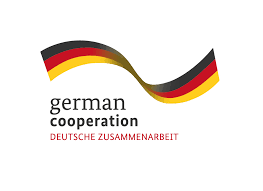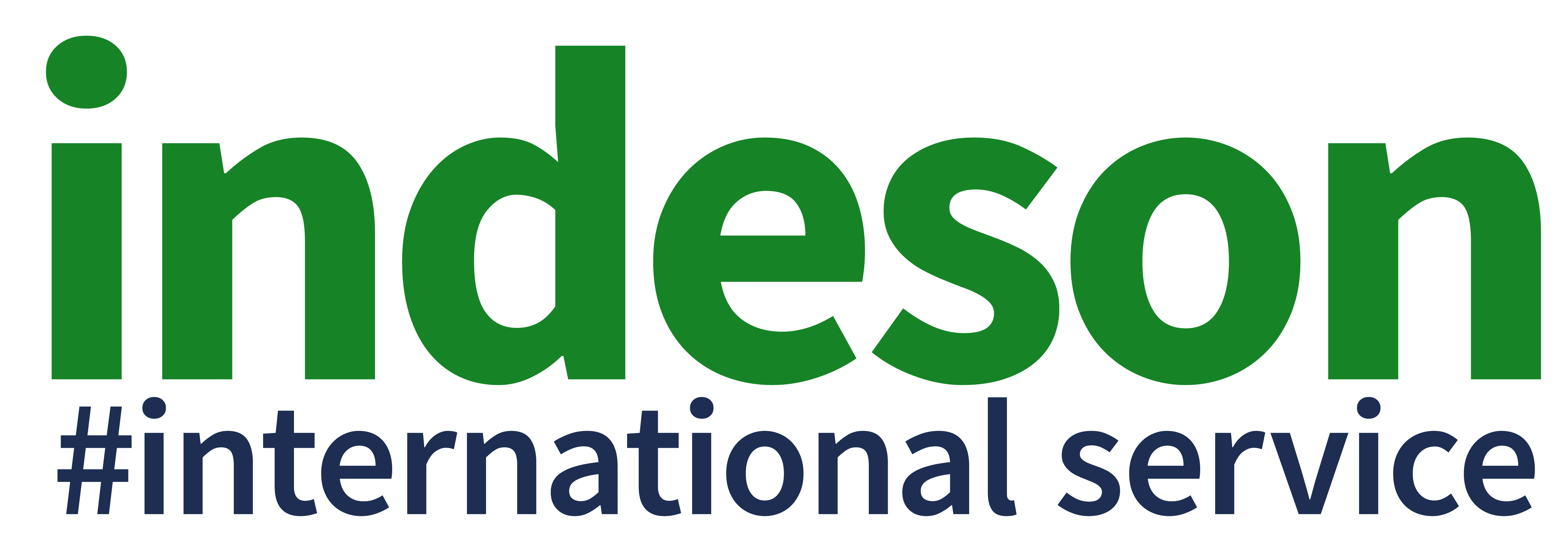Partner
GIZ

GIZ (Gesellschaft für Internationale Zusammenarbeit) is a service provider in the field of international cooperation for sustainable development and international education work. The main commissioning party is the German Federal Ministry for Economic Cooperation and Development (BMZ).
Project Cooperation:
- Fish for Nutrition (BMZ)
- Supporting a systematic reform in Recognition of Prior Learning (RPL) in Sudan
- Sustainability and Value Added in the Cotton Economy (SEWOH)
- Enhancement of the Egyptian Dual System (EEDS)
- Skills Development for Youth Employment Project (SKYE)
- Skills for Employment and Social Inclusion
- Indo-German Programme for Vocational Education and Training (IGVET)
- Youth, Employment and Skills (YES)
- Improving Energy Efficiency in China’s Construction Sector
- Promotion of Vocational Training in Myanmar
